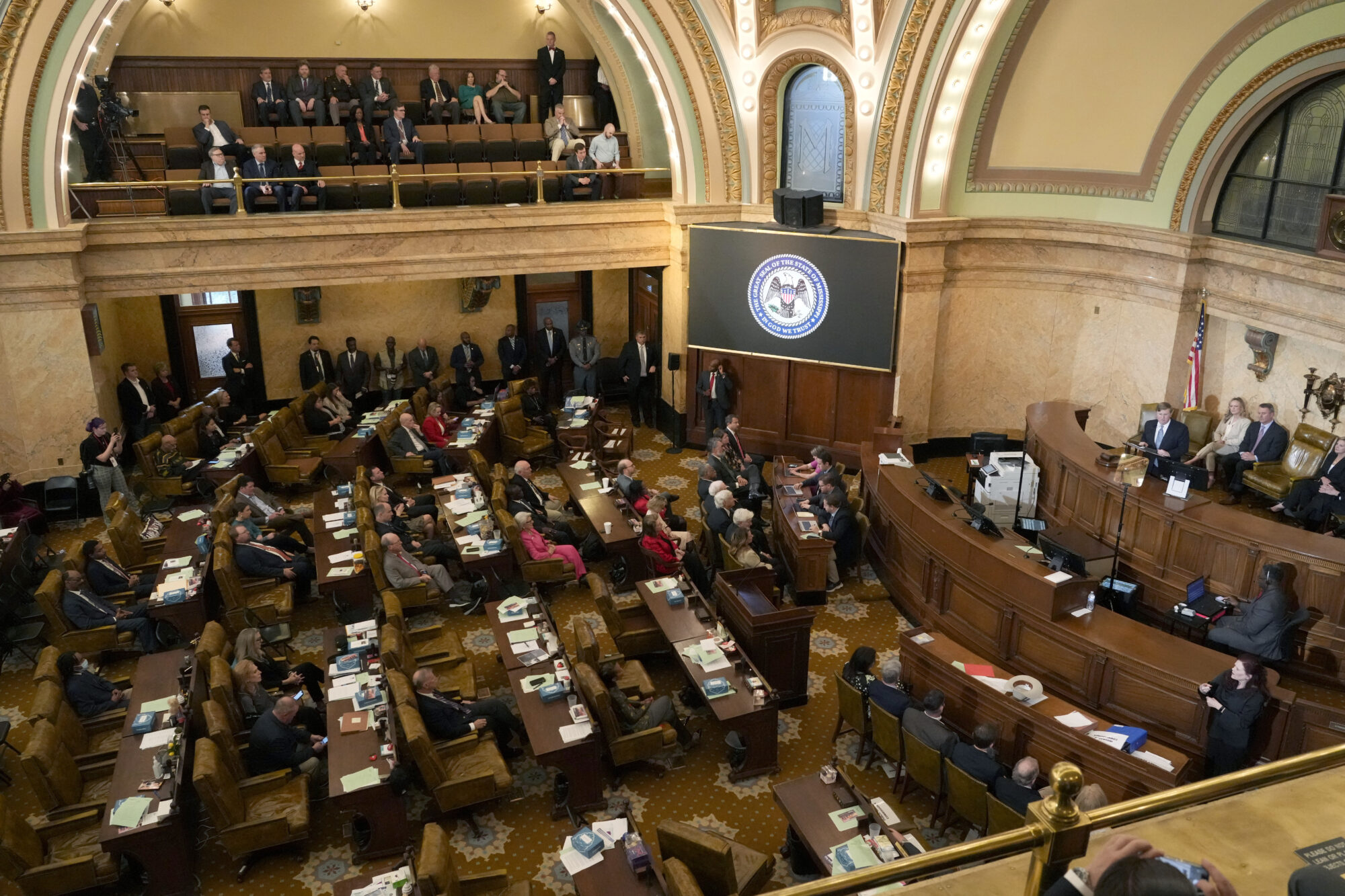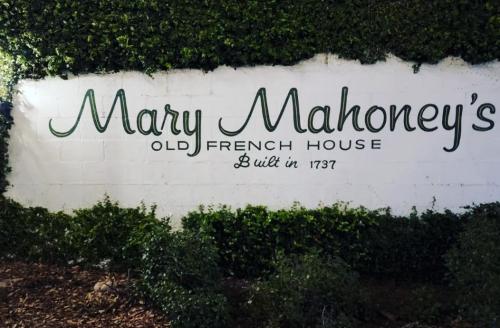First Andy Taggart opens the discussion with this:
I resisted the temptation to write about the extraordinary opinion out of the federal district court in Alabama last week when it was first issued. But even now, after letting it simmer for nearly a week, I am stunned by what Judge William Acker had to say about Attorney General Jim Hood.
Judge Acker found Dickie Scruggs and sisters Cori and Kerri Rigsby in civil contempt of his court, and fined them $65,000. Perhaps there have been higher civil contempt penalties assessed in the history of federal litigation, but the size of that fine says a lot about how irritated Judge Acker is at Scruggs and company.
As it happens, he is irritated at our Attorney General, too. In language scathing in its tone and effect, a sitting United States District Judge characterized Mr. Hood as “a Scruggs confederate,” as a “close confidant” of Scruggs, and as a “so-called ‘law enforcement official'”. He wrote that a jury could even have found that Mr. Hood was a “co-conspirator with and an aider and abetter of Scruggs.”
Now, judges reach wrong conclusions sometimes, and when they do, they can be reversed. That might be what happened, and what is yet to happen, in this case. I don’t know. But what I do know is that federal judges rarely spout off like that — particularly about public officials — unless they think they really have a legitimate beef.
Mr. Hood has said that he is going to try to get what he calls the “uncalled for” statements taken out of Judge Acker’s opinion. I do not know whether he will be successful in that enterprise. But it seems clear that the characterizations of Mr. Hood went to the very heart of Judge Acker’s reasoning — that is to say, the relationship between Hood and Scruggs is exactly why Scruggs’s actions caused him to be found in contempt. To that extent, at least, Judge Acker’s comments were not “uncalled for.” Fact is, they called for a finding of $65,000 worth of contempt of court.
Then Jere Nash offers a dissenting opinion with this:
Andy makes a big deal out of the commentary the Alabama Federal Judge offered in his recent opinion about Attorney General Jim Hood. I dissent. Why do we tolerate federal judges who offer up opinions that have no bearing on the decision they are writing? The decision by Judge Acker had to do with Dick Scruggs and the Rigsby sisters; he found them in civil contempt and fined them $65,000. As best as I can tell, Jim Hood was not a party to the litigation that was in front of Judge Acker. What Judge Acker had to say about Jim Hood was gratuitous. He obviously dislikes very much what he thinks Hood did in this case, but because Hood’s actions were not before him, he could take no legal action against Hood. But that didn’t stop this federal judge; he decided to give his opinion anyway, even if it had no legal effect. We witnessed a similar kind of arrogance recently when the federal government indicted the Facility Group and its officers in the Beef Plant debacle. The prosecutors obviously could find no evidence to indict former Gov. Ronnie Musgrove, but that didn’t stop them from trying to smear Musgrove anyway. They wrote the indictment in such a way to make clear that Musgrove was involved in the scheme (at least in their opinion), but just not in a criminally illegal way. They also knew Musgrove would be running a campaign this fall. One would think conservatives would be appalled by this kind of judicial activism.
Andy then counters by saying:
Nash is just wrong. Judge Acker’s observations about Attorney General Jim Hood might or might not have been appropriate. But they certainly were not gratuitous, as Jere argues.
The very reason Judge Acker held Dickie Scruggs in contempt — $65,000 worth of contempt — is because the judge found Scruggs’s transfer of some documents to Hood to have been an illegitimate effort to avoid the judge’s earlier order to return stolen documents. The judge had ordered in the case that anyone other than “law enforcement officials” had to give stolen documents back to the company that owned them. Scruggs dodged that order by giving the documents to Hood, instead.
Judge Acker then explained why he was holding Scruggs in contempt, and at the heart of his ruling was his finding that the hand-off of the documents to Hood was a trick to avoid returning them as ordered. The nature of the relationship between Scruggs and Hood was central to that ruling, not “gratuitous.”
Red/Blue Blog
6/12/8







